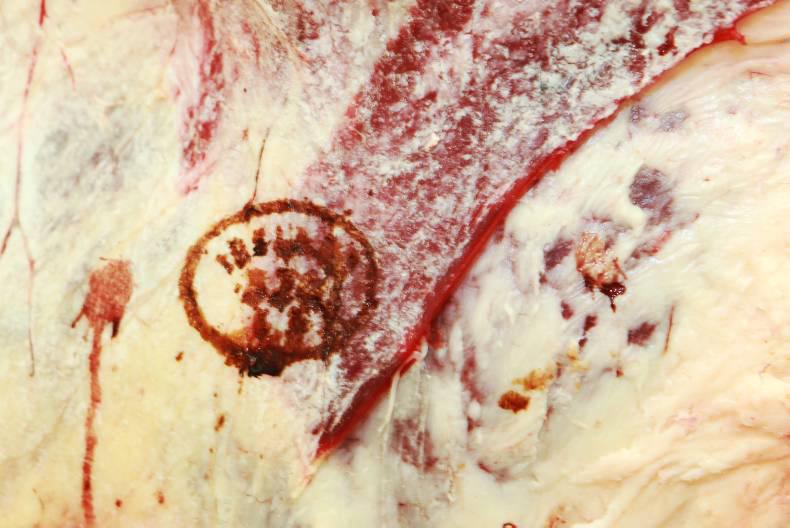The Department of Agriculture, Food and the Marine is currently investigating a case of alleged unauthorised use of clenbuterol, better known as 'angel dust'.
The illegal drug was found in Co Monahaghan, the Department has confirmed.
"The investigation follows from a positive result for one animal in a random sample taken as part of the National Residue Control Programme," a statement from the Department of Agriculture reads. "The Department has placed all animals on the farm under restriction pending the completion of the investigation. The Food Safety Authority of Ireland is fully aware of the case and has concluded that there is no risk to public health from meat that is on the market.”
Farm in Monaghan area
The illegal drug was found on a farm supplying ABP and the beef processor has confirmed it was alerted by the Department of Agriculture to the issue.
“As part of its on-farm testing and residue controls programme, the Department of Agriculture, Food and the Marine has identified an irregularity on a farm in the Monaghan area," a spokesperson for ABP Food Group said. "Earlier this week, ABP was informed by the Department of a potential issue with a single animal processed at its Clones facility in mid-May from the farm."
The meat processing company has been informed by the relevant authorities that "there was not a food safety risk associated with meat from this animal."
Banned with growth hormones
Although different from the recreational drug angel dust or PCP, clenbuterol is often referred to by the same nickname.
It is a beta-antagonist drug, part of a group of muscle growth-promoting chemicals banned across the European Union along with hormones in a 1996 directive. It was previously banned in Ireland and the fight against such illegal substances led to the creation of a Special Investigations Unit in the Department of Agriculture at the time.
According to Teagasc, "the use of these pharmacologically active substances has resulted in severe cases of food poisoning most notably in Spain in 1990, where 22 people became ill after eating veal liver with a high residue level of clenbuterol."
Its use has since been monitored through the National Residue Control Programme, with multiple offences recorded until the late 1990s. A case was also recorded in 2011, again in Co Monaghan.
Last year, an Irish cyclist blamed contaminated meat for a test revealing traces of clenbuterol, which is banned as a performance-enhancing drug in sports. Subsequent investigations failed to confirm his claim.
At the opening of talks with the US on the Transtlantic Trade and Investment Partnership (TTIP), the IFA warned of the risk of seeing beef fed with similar drugs imported into Europe.






 This is a subscriber-only article
This is a subscriber-only article










SHARING OPTIONS: